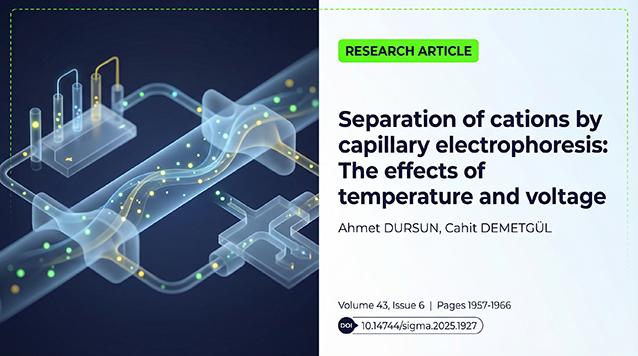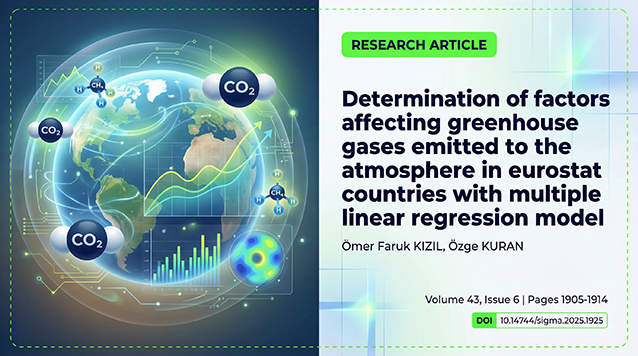Abstract
Ergene River is located in the north-west part of Turkey and it is the most significant river ecosystem of Thrace Region. It is also the most important tributaries of Meriç River that is the longest river in Balkans. Despite such great importance of Ergene River, it is being exposed to an intensive pollution by means of especially agricultural, industrial and domestic activities conducted around its watershed.
The aim of this study was to determine the pesticide residues in water-sediment of Meriç and Ergene Rivers and its 10 significant tributaries. Water-sediment samples were collected in spring season (rainy) of 2018 from 21 stations and pesticide concentrations (total of 174 different pesticide varieties) were investigated in water and sediment samples by using LC/MS.
According to detected data, the concentration of pesticide residues ranged from 0.0034ppb (propamocarb-hydrochloride in Safaalan Creek) to 12.0250ppb (carbendazim in Çorlu Stream) for water samples and from 0.0244ppb (acetamiprid in Çorlu Stream) to 1173.5320ppb (prochlorazin in Ahmetbey Creek) for sediment samples. It was also determined that pesticide accumulations detected in the Ergene River Basin, especially in Çorlu Stream and Ergene River, were found to be in quite high levels and the system has II–III. Class water quality in terms of total pesticide accumulations, in general.
There were clear dominances of carbendazim (in water) and prochloraz (in sediment) of the entire investigated basin. Çorlu Stream (in terms of water) and Ahmetbey Creek (in terms of sediment) were recorded as the most contaminated aquatic components of the system.
















